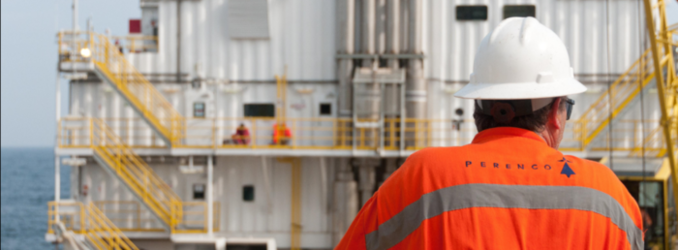(Bloomberg) – Perenco SA, owned by the billionaire Perrodo family, is looking for opportunities to enter into new countries as it seeks the resources to maintain its current oil production.
“What I want to do is to build a strong foundation of 500,000” barrels a day, Perenco Chief Executive Officer Armel Simondin said in an interview. “Once we have established that, then we consider going further,” he said, adding that recent output was slightly higher.
The group, which specializes in extracting crude from mature oil fields, derives most of its production from the central region of Africa, with operations spanning more than a dozen countries globally. Its output is many times bigger than listed companies such as Tullow Oil Plc and Kosmos Energy Ltd., which also focus on the continent.
While Gabon, Cameroon and Republic of Congo make up about half of Perenco’s current production, its geographic footprint could change with the ongoing search to replace diminishing crude deposits. Just staying at its current level requires finding 100 million barrels of oil resources every year, according to Simondin.
“We are not in a rush, but we are going to look at new countries in the coming years because we need to extend our base,” he said.
Perenco completed buying assets from Woodside Energy Group Ltd. months ago in Trinidad and Tobago where, along with fields acquired from BP Plc it’s become the second largest oil and gas producer in the country, according to the Energy Chamber, an industry lobby group in the country.
The company’s hub remains central Africa, where it will direct about three quarters of its $2 billion annual investment — a spending level that it wants to maintain even as crude prices have weakened.
Perenco has also increased its focus on natural gas, which is expected to grow to 40% of its production portfolio over the next few years, Simondin said. The company is building a barge-mounted liquefied natural gas plant to produce 700,000 tons of the fuel a year. The facility will be fed by a pipeline that collects gas in Gabon that would otherwise be flared, he said.

